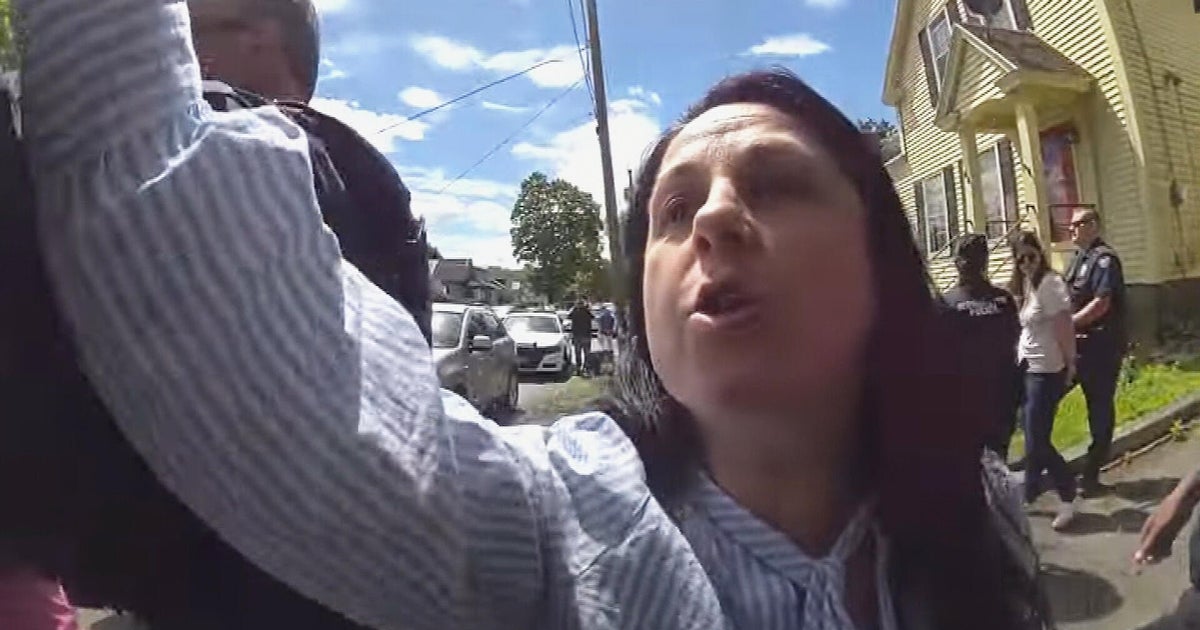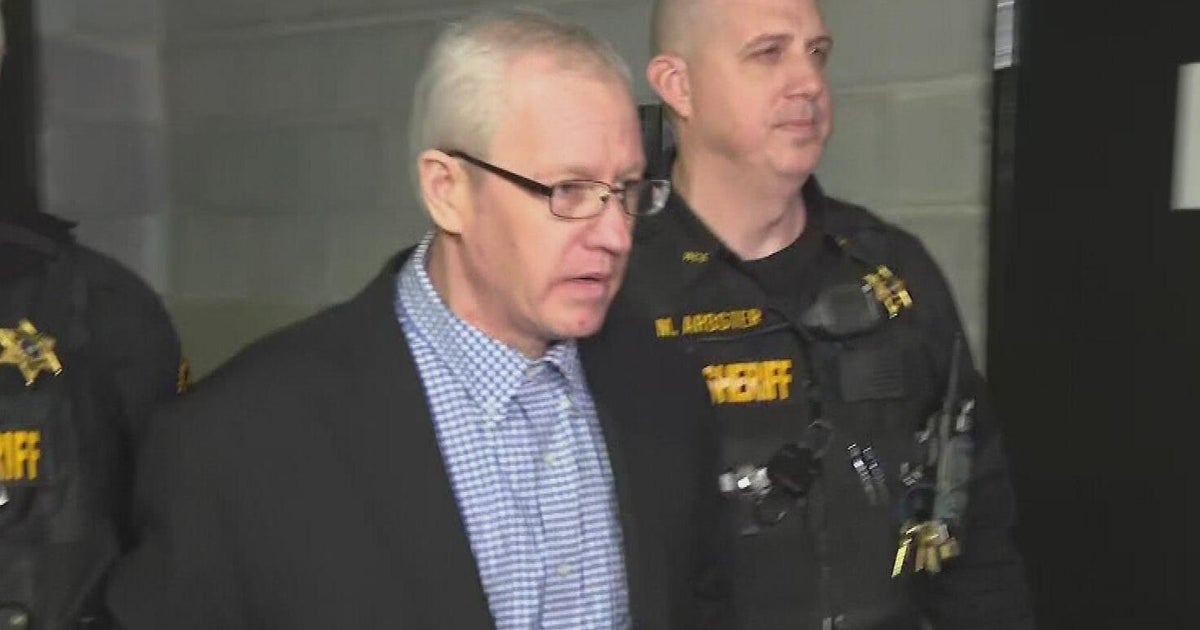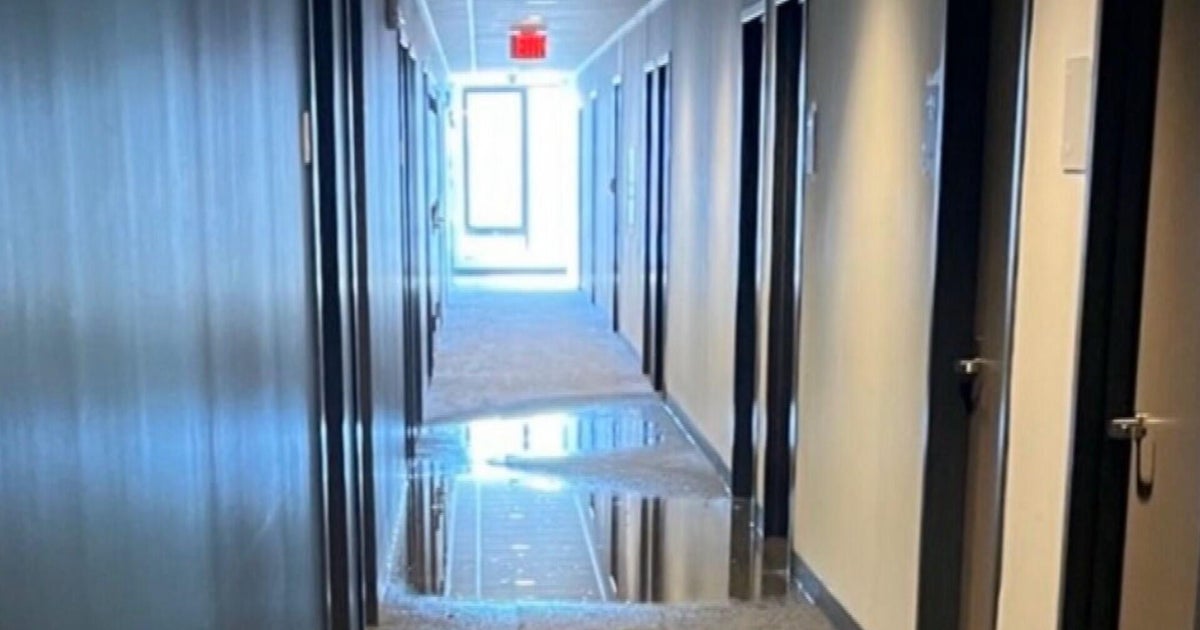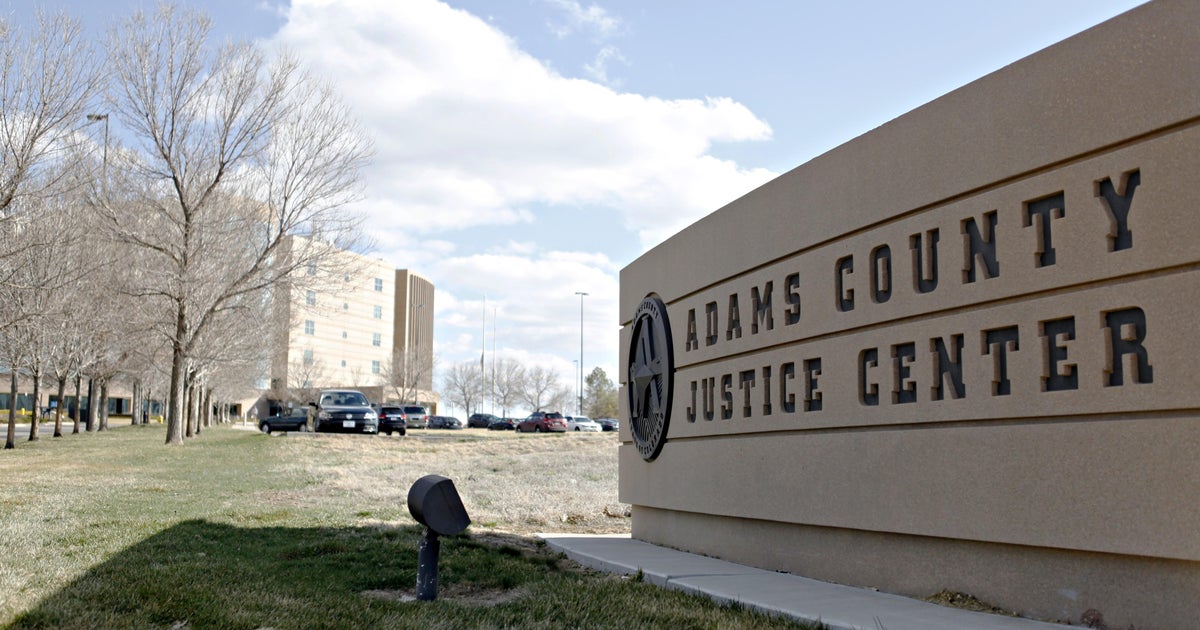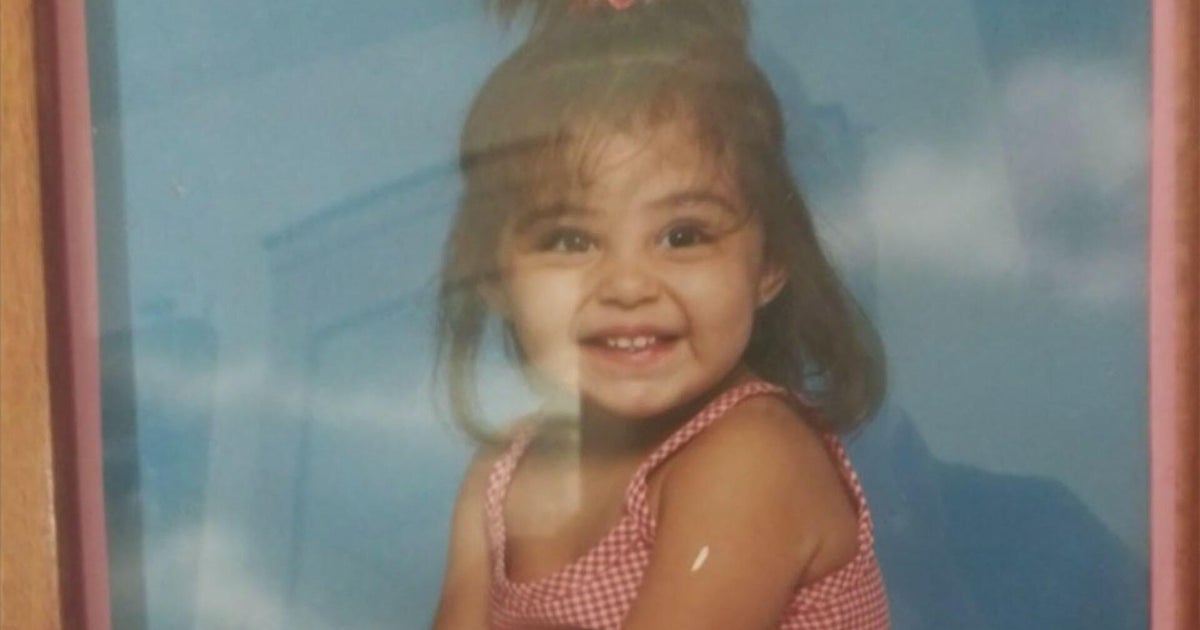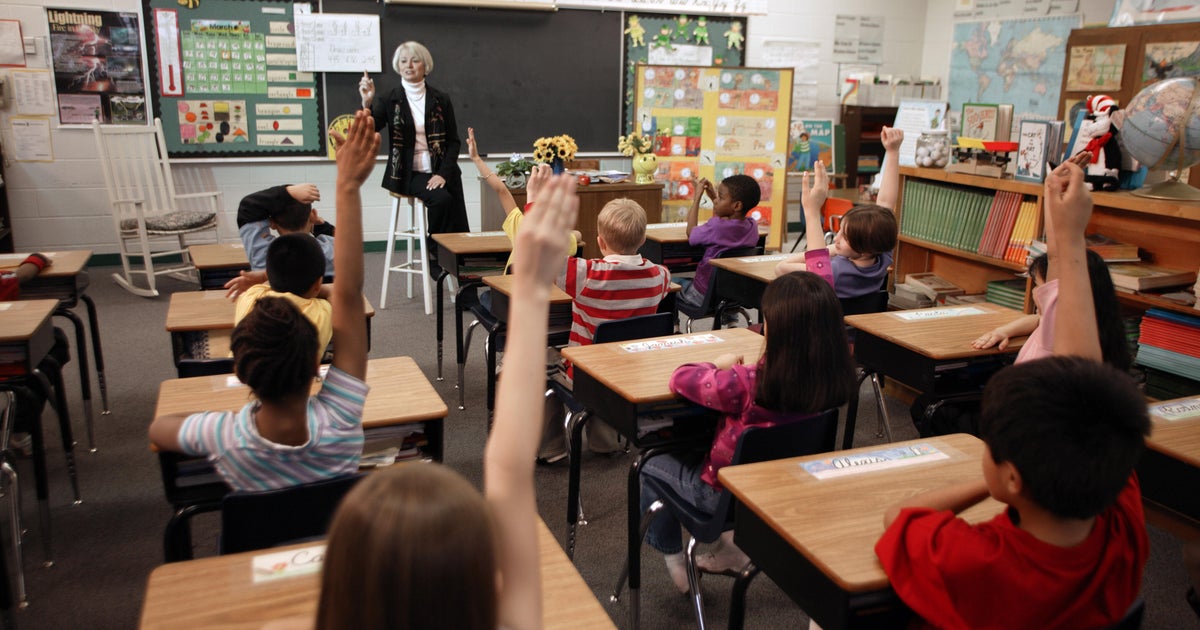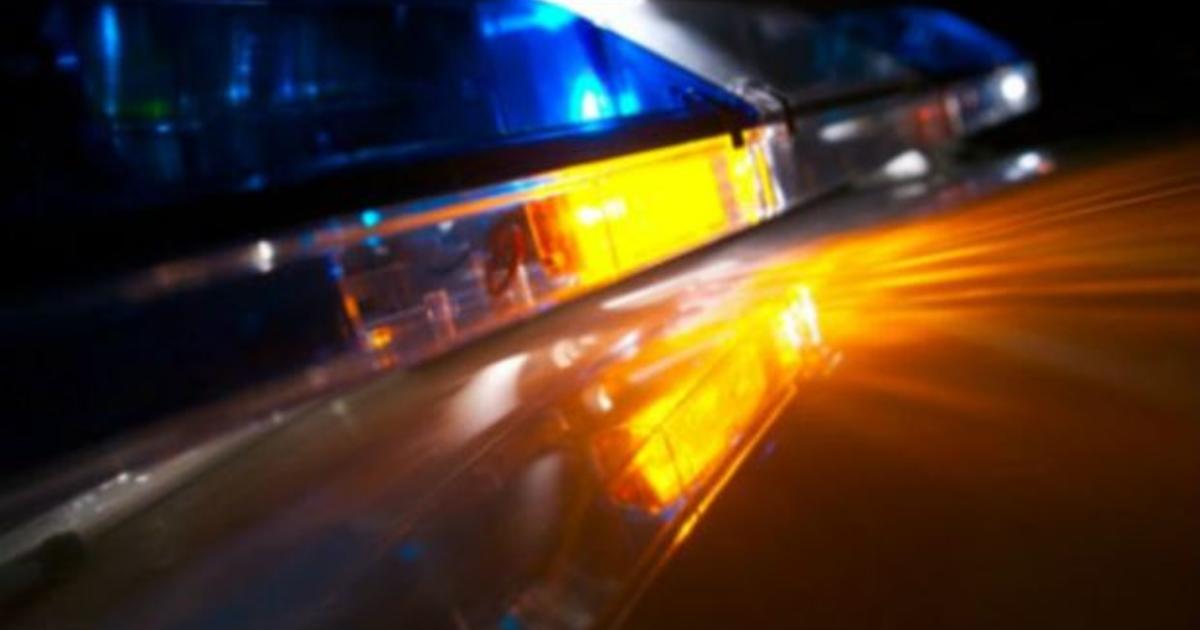Jury: Dzhokhar Tsarnaev Guilty On All Counts In Boston Marathon Bombing
BOSTON (CBSNewYork/AP) -- Dzhokhar Tsarnaev was convicted on all 30 counts against him Wednesday in the Boston Marathon bombing by a federal jury that now must decide whether the 21-year-old former college student should be executed.
As CBS2's Jessica Schneider reported, the jury deliberated for two hours for 11 1/2 hours before reaching the verdicts Wednesday. Tsarnaev stood with his head bowed and his hands clasped as the decision was read.
His conviction was practically a foregone conclusion, given his lawyer's startling admission during opening statements that Tsarnaev carried out the attack with his now-dead older brother, Tamerlan.
"We are obviously grateful for the outcome today," said Boston Marathon bombing survivor Karen Brassard. "It's not a happy occasion, but it's something that we can put, you know, one more step behind us."
Brassard attended every day of the month-long trial.
The two shrapnel-packed pressure-cooker bombs that exploded near the finish line on April 15, 2013, killed three spectators and wounded more than 260 other people, turning the traditionally celebratory home stretch of the world-famous race on Boylston Street into a scene of carnage and putting the city on edge for days.
Brassard was at the finish line at the time of the bombing, which sent a pipe-sized piece of a bomb into her ankle, Steve Kastenbaum reported for 1010 WINS.
Brassard walked out of court Wednesday relieved that Tsarnaev had been convicted on all 30 counts – including use of a weapon of mass destruction and murder.
"Throughout this whole thing, he has been -- to use my word – arrogant, walking in and out of courtroom, and completely disinterested," Brassard said.
Boston bombing survivor Rebekah Gregory also spoke out following the verdict.
"I may be standing on a one fake leg, but I'm standing here, stronger than ever because someone tried to destroy me -- and he failed," Gregory said.
Gregory has undergone 20 surgeries and has spent 52 days in the hospital. She now lives in Texas, but was at the finish line when the two bombs blew.
She said the pain remains – even after Tsarnaev was convicted.
"Our lives have been changed forever," she said. "There have been children taken and parents that will never get to put them to bed at night again."
Jury: Dzhokhar Tsarnaev Guilty On All Counts In Boston Marathon Bombing
Tsarnaev's attorney admitted during opening statements that Tsarnaev and his older brother, Tamerlan, carried out the attack on Boylston Street.
In a bid to save Dzhokhar Tsarnaev from a death sentence, defense attorney Judy Clarke has argued that Tsarnaev, then 19, fell under the influence of his radicalized brother. Tamerlan, 26, died when he was shot by police and run over by his brother during a chaotic getaway attempt days after the bombing.
"If not for Tamerlan, it would not have happened," Clarke told the jury during closing arguments.
But many of the victims don't buy it.
"I think he was all in with the brother," Brassard said. "I don't think that he was driven to that by any means."
Prosecutors portrayed the brothers -- ethnic Chechens who moved to the U.S. from Russia more than a decade ago -- as full partners in a plan to punish the U.S. for its wars in Muslim countries. Jihadist writings, lectures and videos were found on both their computers, though the defense argued that Tamerlan downloaded the material and sent it to his brother.
Dzhokhar Tsarnaev was found hiding in a boat parked in the back of someone's home, with incriminating statements scrawled on the cover of the boat.
"Stop killing our innocent people and we will stop," he wrote.
The prosecution showed jurors video of Dzhokhar Tsarnaev planting a backpack near 8-year-old Martin Richard, who died in the blast.
The government called 92 witnesses over 15 days, painting a hellish scene of torn-off limbs, blood-spattered pavement, ghastly screams and the smell of sulfur and burned hair. Survivors gave heartbreaking testimony about losing legs in the blasts or watching people die. Young Martin's father described making the agonizing decision to leave his mortally wounded son so he could get help for their 6-year-old daughter, whose leg had been blown off.
In addition to Martin, killed in the bombing were Lingzi Lu, a 23-year-old Chinese graduate student at Boston University; and Krystle Campbell, a 29-year-old restaurant manager. Massachusetts Institute of Technology police Officer Sean Collier was shot and killed during the brothers' getaway attempt.
After the attack, the two planned to come to New York City to detonate their remaining explosives in Times Square, but they were unable to carry out the plot, officials said.
Tsarnaev's lawyers barely cross-examined the government's witnesses and called just four people to the stand over less than two days, all in an effort to portray the older brother as the guiding force in the plot.
Witnesses testified about phone records that showed Dzhokhar was at the University of Massachusetts-Dartmouth while his brother was buying bomb components, including pressure cookers and BBs. A forensics expert said Tamerlan's computer showed search terms such as "detonator," "transmitter and receiver," while Dzhokhar was largely spending time on Facebook and other social media sites.
Also, an FBI investigator said Tamerlan's fingerprints -- but not Dzhokhar's -- were found on pieces of the two bombs.
Clarke is one of the nation's foremost death-penalty specialists and has kept other high-profile defendants off death row. She saved the lives of Unabomber Ted Kaczynski and Susan Smith, the South Carolina woman who drowned her two children in a lake in 1994.
Tsarnaev's lawyers tried repeatedly to get the trial moved out of Boston because of the heavy publicity and the widespread trauma. But opposition to capital punishment is strong in Massachusetts, which abolished its state death penalty in 1984, and some polls have suggested a majority of Bostonians do not want to see Tsarnaev sentenced to die.
During the penalty phase, Tsarnaev's lawyers will present so-called mitigating evidence they hope will save his life. That could include evidence about his family, his relationship with his brother, and his childhood in the former Soviet republic of Kyrgyzstan and later in the volatile Dagestan region of Russia.
Prosecutors will present so-called aggravating factors in support of the death penalty, including the killing of a child and the targeting of the marathon because of the potential for maximum bloodshed.
(TM and © Copyright 2015 CBS Radio Inc. and its relevant subsidiaries. CBS RADIO and EYE Logo TM and Copyright 2015 CBS Broadcasting Inc. Used under license. All Rights Reserved. This material may not be published, broadcast, rewritten, or redistributed. The Associated Press contributed to this report.)
